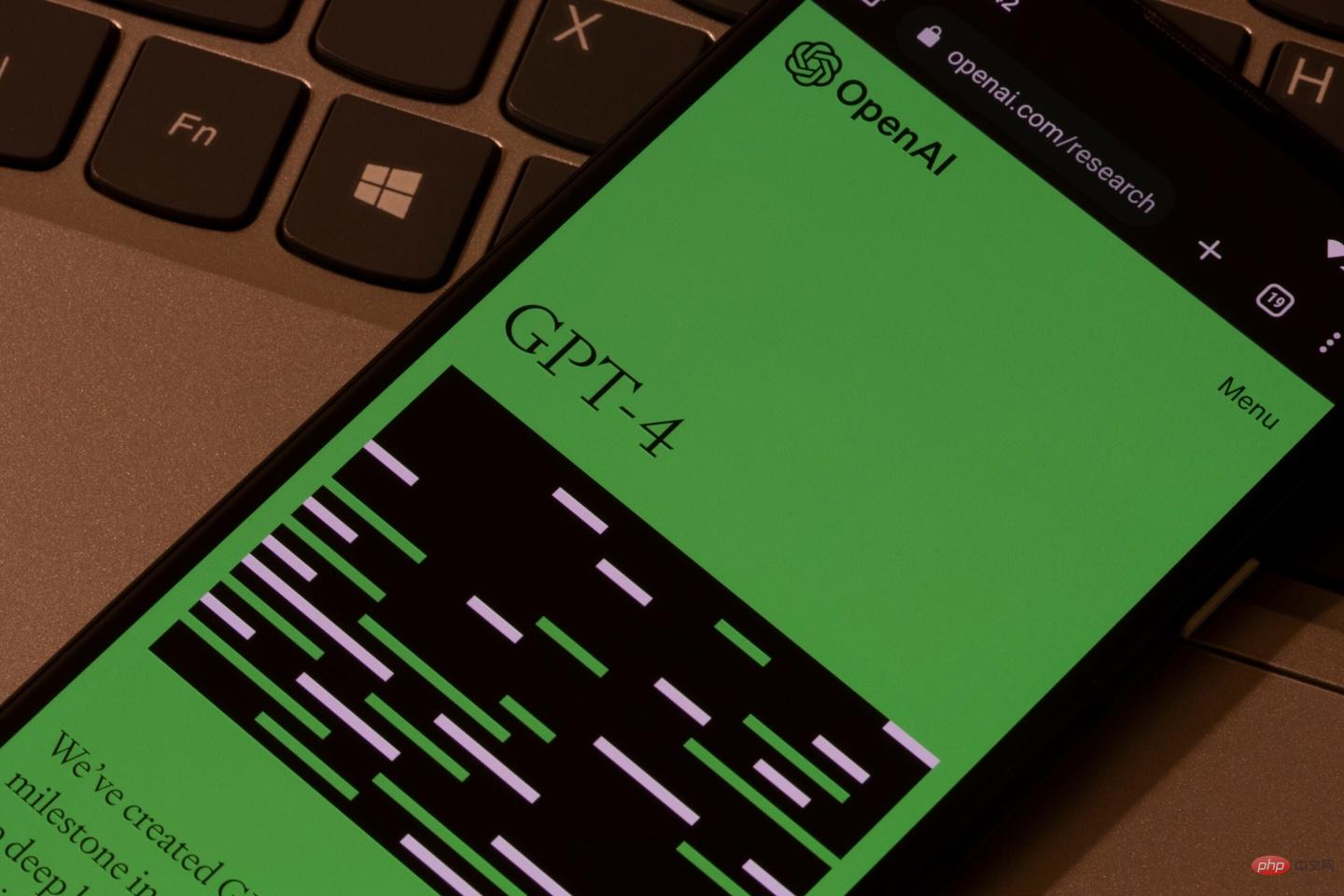

According to news on April 28, under an early EU agreement, companies deploying generative artificial intelligence tools such as ChatGPT will have to disclose the information used to develop their systems. Any copyrighted material , the agreement could pave the way for the world's first comprehensive law governing the technology.

Although high-risk tools will not be banned, people who use these tools need to maintain a high degree of transparency in their operations.
Companies that use generative AI tools must also disclose any copyrighted material used to develop their systems. A person familiar with the matter said the clause was a late addition that was drafted over the past two weeks. The person also said some committee members initially proposed an outright ban on using copyrighted material to train generative AI models, but that proposal was abandoned in favor of transparency requirements. Svenja Hahn, Deputy Member of the European Parliament, said: “In a situation where conservatives want more surveillance and the left fantasizes about over-regulation, Parliament has found a solid compromise that moderates the regulation of artificial intelligence and protects citizens. rights, as well as promoting innovation and economic development.”The above is the detailed content of EU introduces new regulations requiring generative AI tools to disclose copyright information. For more information, please follow other related articles on the PHP Chinese website!




